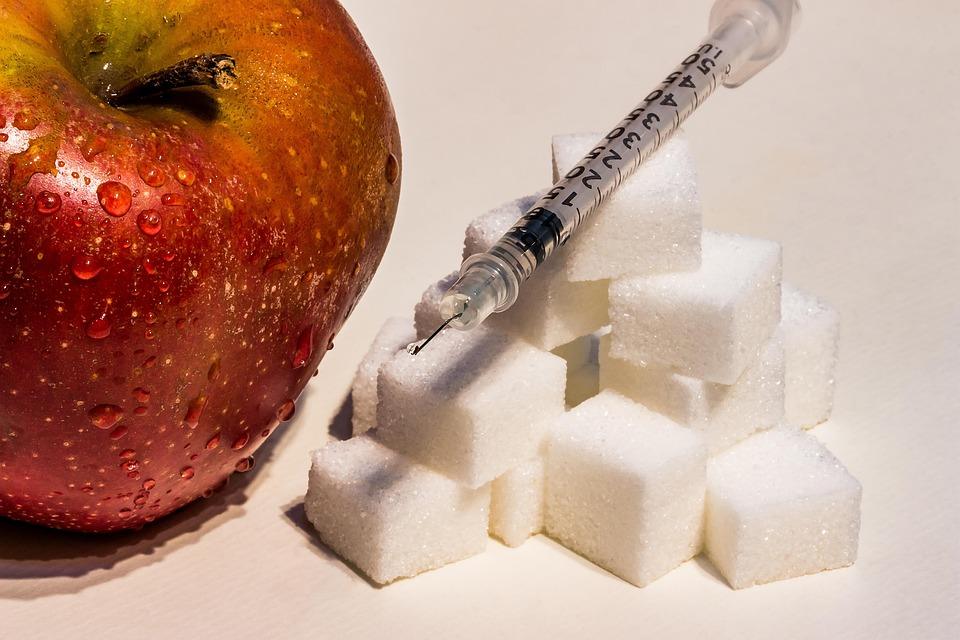Better insulin management is key to living your best life, especially if you’re navigating the challenges of diabetes or insulin resistance. You’ve got the power to take control, and it starts with understanding how to manage your insulin effectively. This isn’t just about numbers; it’s about your health, your energy, and your happiness. Let’s dive into how you can achieve better insulin management and feel your best.
Contents
What is Insulin Management and Why Does It Matter?
Insulin is a hormone produced by your pancreas that helps regulate blood sugar levels. When your body doesn’t produce enough insulin, or if it becomes resistant to it, you can experience fluctuating blood sugar levels that lead to a host of health issues. This is where insulin management comes into play. It’s crucial for maintaining stable blood sugar levels, preventing complications, and promoting overall wellness.
Understanding how to manage insulin effectively can transform your daily life. You’ll feel more energized, be able to focus better, and even enjoy your favorite foods in moderation. So, let’s get to the heart of the matter: here are seven essential tips for better insulin management.
1. Understand Carbohydrates
Carbohydrates are your body’s primary energy source. However, not all carbs are created equal.
Know Your Carbohydrate Types
- Simple Carbohydrates: Found in sugary foods, these can spike your blood sugar quickly.
- Complex Carbohydrates: Found in whole grains and vegetables, these break down slowly, leading to a more gradual increase in blood sugar.
Tip: Pay attention to the glycemic index (GI) of foods. Lower GI foods lead to more stable insulin levels.
2. Portion Control is Key
Managing your portions can make a world of difference in how your body responds to insulin.
Tips for Portion Control
- Use Smaller Plates: This can help trick your brain into feeling satisfied with less food.
- Measure Your Food: Get a food scale or measuring cups to better understand serving sizes.
Why It Matters: Smaller portions mean less of a blood sugar spike, which means better insulin management.
3. Stay Active
Exercise is not just about fitting into those jeans; it plays a monumental role in how your body utilizes insulin.
Benefits of Regular Exercise
- Improved Insulin Sensitivity: Regular activity helps your body respond better to insulin.
- Weight Management: Maintaining a healthy weight can significantly improve your insulin sensitivity.
Tip: Aim for at least 150 minutes of moderate aerobic activity each week. Even brisk walking counts!
4. Monitor Your Blood Sugar Regularly
You can’t manage what you don’t measure. Monitoring your blood sugar levels gives you the insight you need to make informed decisions.
Tools for Monitoring
- Continuous Glucose Monitors (CGMs): These provide real-time blood sugar readings.
- Traditional Glucometers: A good option for occasional checks.
Tip: Keep a log of your readings and note what you eat and how you feel. This can help identify patterns and triggers.
5. Prioritize Sleep
Never underestimate the power of a good night’s sleep. Lack of sleep can lead to insulin resistance, making it harder for your body to manage blood sugar levels.
Sleep Tips
- Establish a Routine: Aim to go to bed and wake up at the same time every day.
- Create a Sleep-Friendly Environment: Keep your bedroom dark, cool, and quiet.
Why It Matters: Quality sleep supports hormone balance, including insulin, which is critical for better insulin management.
6. Stay Hydrated
Water is your best friend when it comes to health, including insulin management.
Benefits of Staying Hydrated
- Helps Your Kidneys: Proper hydration aids in flushing out excess sugar through urine.
- Supports Overall Health: Staying hydrated can help with energy levels and concentration.
Tip: Aim for at least eight 8-ounce glasses of water daily, or adjust based on your activity level and climate.
7. Consult a Professional
You don’t have to navigate this journey alone. A healthcare professional can provide tailored advice that aligns with your unique needs.
Who to Consult
- Registered Dietitian: They can help you create a meal plan that suits your lifestyle.
- Endocrinologist: A specialist in hormones who can offer insights into your insulin management.
Tip: Regular check-ins with professionals can help you stay on track and make necessary adjustments.
Bottom Line
Better insulin management is within your reach. By understanding carbohydrates, controlling portions, staying active, monitoring your blood sugar, prioritizing sleep, staying hydrated, and seeking professional guidance, you can take charge of your health.
There’s no one-size-fits-all solution, but these tips can serve as a solid foundation for your journey. Remember, you are not alone in this. With the right information and support, you can live a vibrant, fulfilling life.
FAQs
Q: How often should I check my blood sugar?
A: It depends on your individual needs, but daily checks are common for many people with diabetes.
Q: Can I eat carbs if I’m managing insulin?
A: Absolutely! Focus on complex carbs and practice portion control.
Q: What should I do if my blood sugar spikes?
A: Consult your healthcare provider for personalized advice, but generally, drink water and monitor your levels.
Take charge today, and remember: your journey toward better insulin management is a marathon, not a sprint. Start with these tips, and you’ll be on your way to a healthier, happier you!








